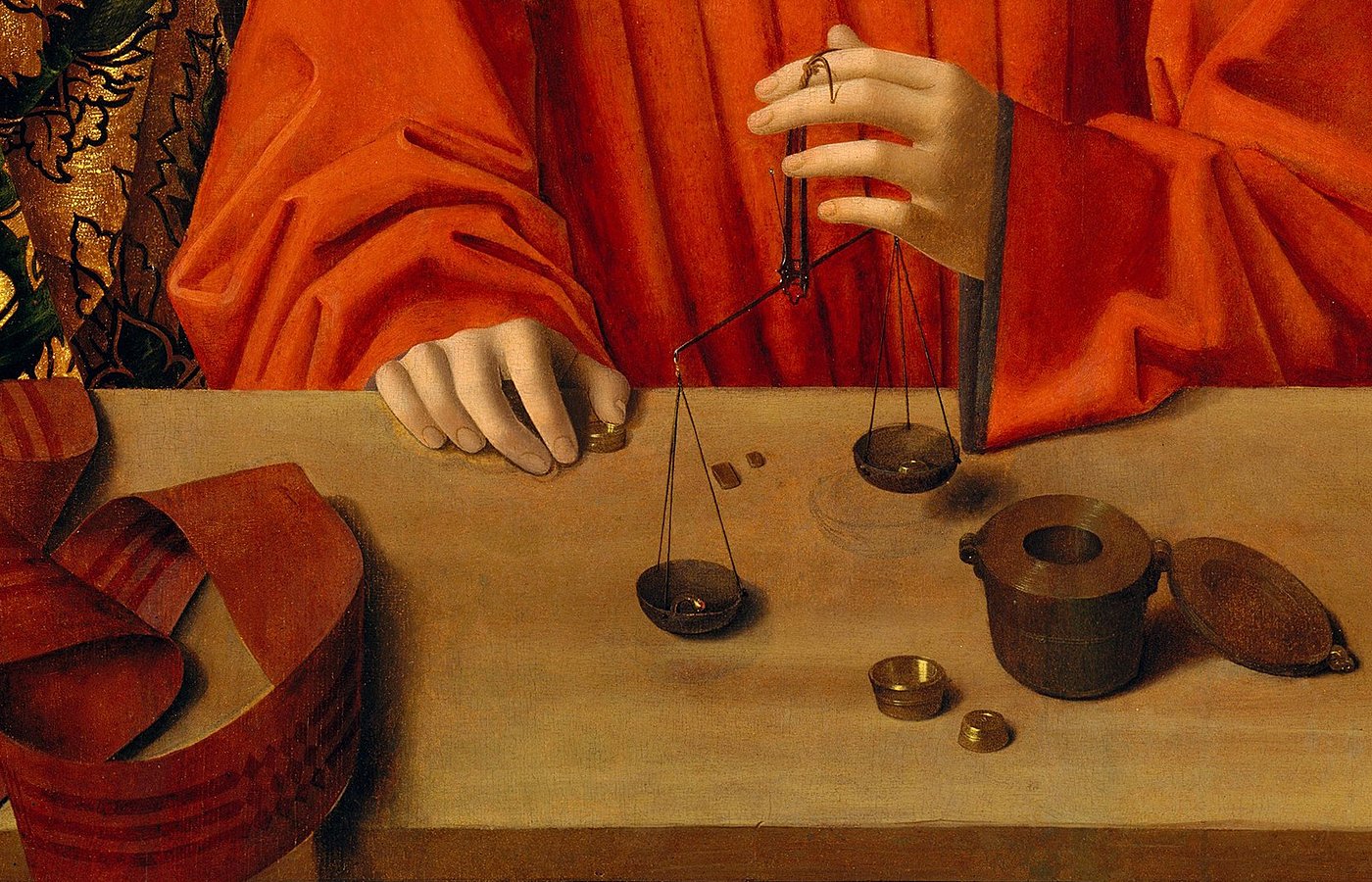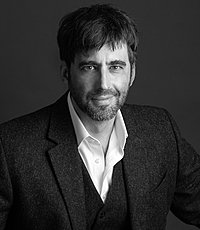"In some sense the baker is attending to his own interests, but he’s only able to do that by understanding what kind of bread you like, when you like it, how much of it you want. And so he can only attend to his interests insofar as he has already internalized your interests as other than his: to step into your mind. And so it seems to me there is at work here a profound reciprocity of our subjectivity."
Stephen Blackwood speaks with the Nobel Laureate in Economic Sciences, Vernon L. Smith. They begin by defining and exploring commonly misunderstood economic terms—markets, capitalism, equilibrium—and then unpack the discoveries of Dr Smith’s pioneering experiments in economics, which—against widely held assumptions—revealed the operation of beneficence and non-zero-sum reciprocity at the heart of free exchange. ‘Self-interest’ is thus profoundly re-evaluated. Paradoxically, the only way to self-realization is through concern for others.
This rich episode is graspable to those unfamiliar with economics; both implicitly and explicitly it addresses fundamental questions, posing a radical challenge to the neo-Marxist conceit that there is nothing but the will to power.
"Smith's work suggests that the nature of things is not, as the cynics claim, power, but rather reciprocity: spontaneous, free self-development. You can see that fundamental reciprocity not only in economics, but also in nature, evolution, intellectual inquiry, love, forgiveness, beauty: it's everywhere. It’s what Dante calls 'the love that moves the sun and the other stars'."
To read more about Dr Smith's ground-breaking work, especially the experimental games he describes in this episode, see his Papers in Experimental Economics (Cambridge University Press, 1991).
Writers and Writings Mentioned in this Episode
Adam Smith, The Wealth of Nations (1776), Chapter 7
Humanomics: Moral Sentiments and the Wealth of Nations for the Twenty-First Century (2019), Vernon L. Smith and Bart J. Wilson
The Theory of Moral Sentiments (1759), Adam Smith
Parables of Jesus found in the Gospels
Carl David Anderson (physicist)
The Gospel of John, Book 1
C. S. Lewis’s Trilemma
Links of Possible Interest
Video Timeline
- 0:00 – Introduction
- 1:10 – The most misunderstood economic concept today
- 4:17 – Definitions: market and ideological equilibrium
- 10:24 – How markets work without central planning
- 13:31 – Maximum utility and Dr Smith’s experiments
- 16:03 – Inadequacy of term “free market”
- 18:08 – Why do some believe “capitalism” is the source of our ills?
- 27:59 – Is there a mismatch between human dignity not measurable in economic output and marketplace mechanisms that move toward economic value alone?
- 34:18 – Dr Smith’s experiments in behavioral economics
- 43:21 – Adam Smith’s Theory of Moral Sentiments and self-interest
- 58:21 – Beneficence and whether it can be coerced
- 1:07:48 – Non-zero reciprocity as the key to market success
- 1:19:14 – Invisible realities and the invisible hand
- 1:30:50 – Competition as a solution for higher educatio



